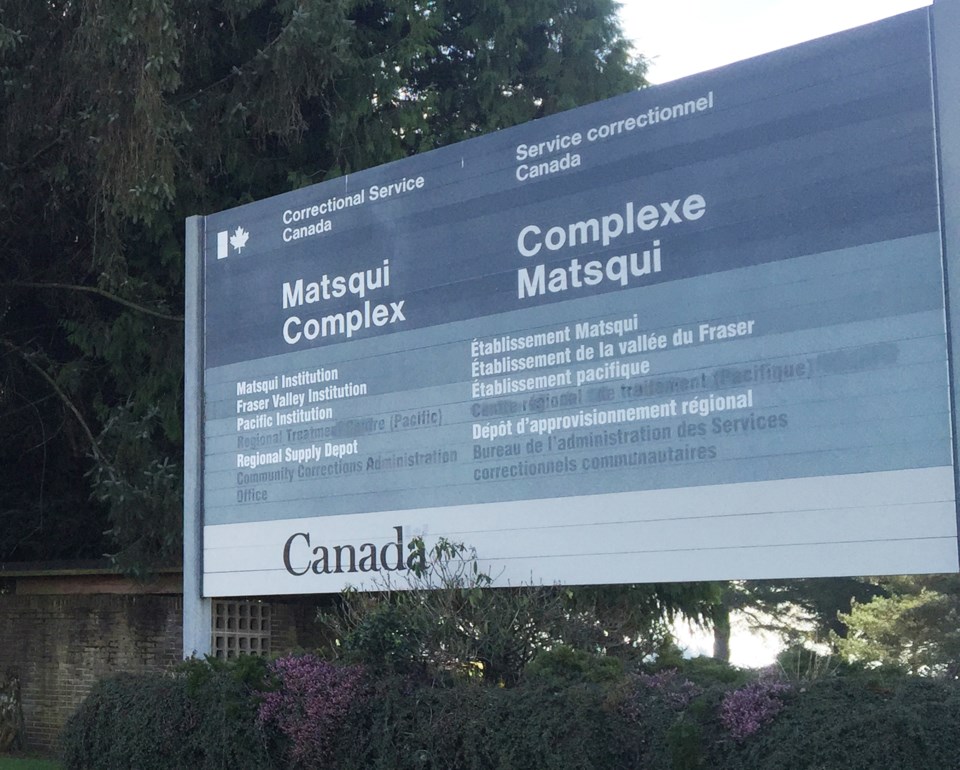The man convicted of killing a friend’s mother and grandmother 28 years ago in Tsawwassen has been granted regular escorted absences despite being denied parole last September.
Kim Hill, whose aunt Doris Leatherbarrow and cousin Sharon Huenemann were killed on Oct. 5, 1990, said she received a letter from the Correctional Service of Canada stating that a warden has granted Derik Lord escorted temporary absences in Chilliwack. Since January, Lord has been taking a pair of eight-hour leaves a month to visit his family, Hill said.
The news has infuriated the victims’ families.
“We don’t feel we’re being protected when a convicted double murderer who can’t admit their guilt is walking around,” said Hill, whose father John Kriss is Leatherbarrow’s brother. “I don’t feel safe and none of the family feels safe with the warden’s decision.”
Lord was denied day parole for the 11th time last September, largely because he continues to profess his innocence.
Lord and friend David Muir were hired by Darren Huenemann to kill his mother and grandmother, so he could get a multi-million-dollar inheritance.
The three teens lived in Saanich at the time and at trial the prosecution argued that on the day of the murders, Huenemann and his girlfriend dropped Lord and Muir off at the ferry terminal. The pair then went to Leatherbarrow's Tsawwassen home and, after being invited in for dinner by the two women, bludgeoned and stabbed them to death.
Following an investigation, all three were arrested, tried and convicted.
Lord and Muir were both sentenced to life in prison with no chance of parole for 10 years. Huenemann received a life sentence with no chance of parole for 25 years.
Huenemann, who has since changed his name to Gowan, appeared before the parole board at his Quebec prison last August where his first parole request was denied.
After his conviction, Muir, who pleaded not guilty at trial, admitted his role in the murders and has been out on parole for the past 15 years. He was granted day parole in April 2002 and full parole a year later.
Lord has never changed his story and at his last parole hearing in September continued to insist he is innocent.
An escorted temporary absence allows inmates, individually or in groups, to leave the institution while accompanied by a correctional officer. Such absences can be granted at any time in an offender’s sentence for medical, administrative, community service, family contact, parental responsibility, personal development or compassionate reasons, according to the Correctional Service of Canada.
In the federal system, the responsibility for temporary absences is shared between the Parole Board of Canada and the Correctional Service of Canada.
Temporary releases are typically granted when the warden or the parole board believes the inmate will not present an undue risk to society.



